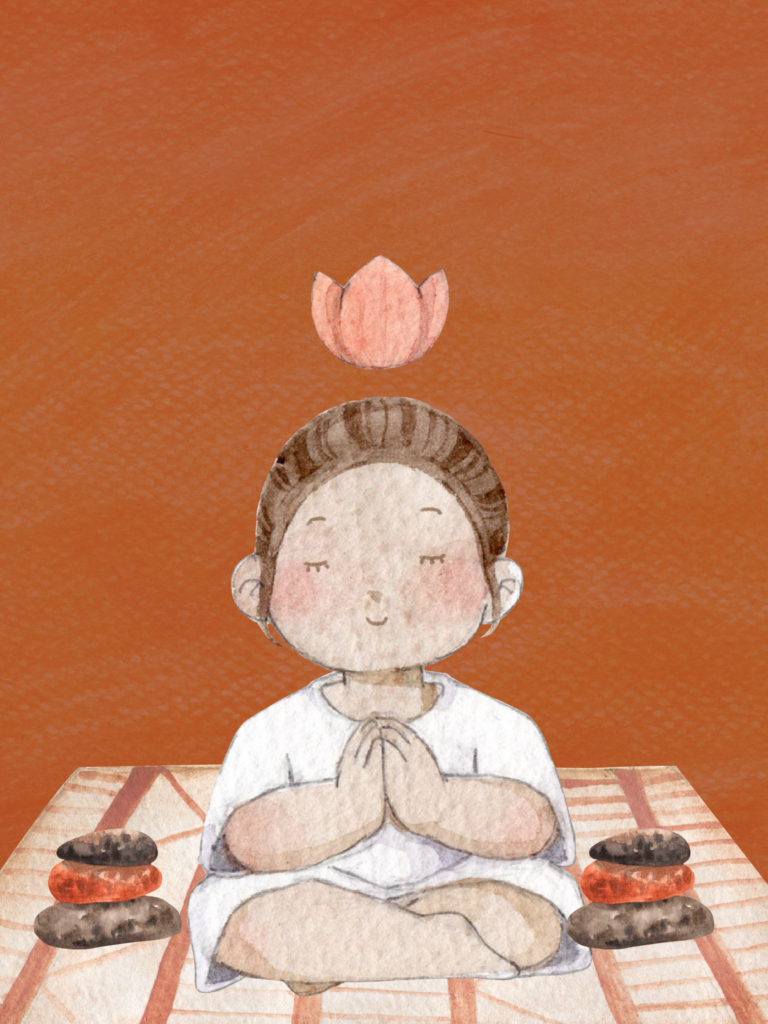
Meditation quotes are a great way to break away from the mundane daily tasks and dive into your mindfulness practice. Whether you’re a seasoned meditator or are just beginning, these quotes serve as gentle reminders of the importance of stepping back and appreciating life.
Thoughts and Meditation Quotes
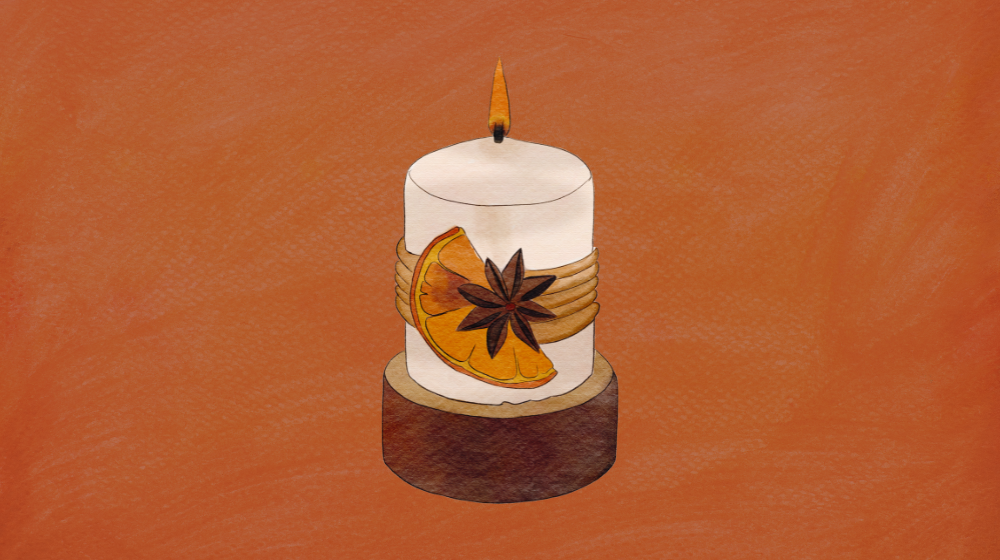
Thoughts are inseparable from the mind just like heat from the fire.
- “Meditation is your ability to stabilize your mind on one thought, on your chosen thought, eventually becoming one with it.”
- “Thought is a form of energy, and it must either be channelized or given an outlet. Good meditation helps you harness and channelize your thought energy.”
- “Just like the sea is not sea without waves, the mind is not a mind without thoughts. There is no mind without thoughts.”
- “There are two important aspects of a nagging thought that ruins our peace. First is the thought itself and second is our overactive imagination.”

Dropping a thought is a practice in meditation that can be learned and cultivated.
Meditative Mind Quotes

The oneness attained in meditation gives birth to super consciousness and super knowledge.
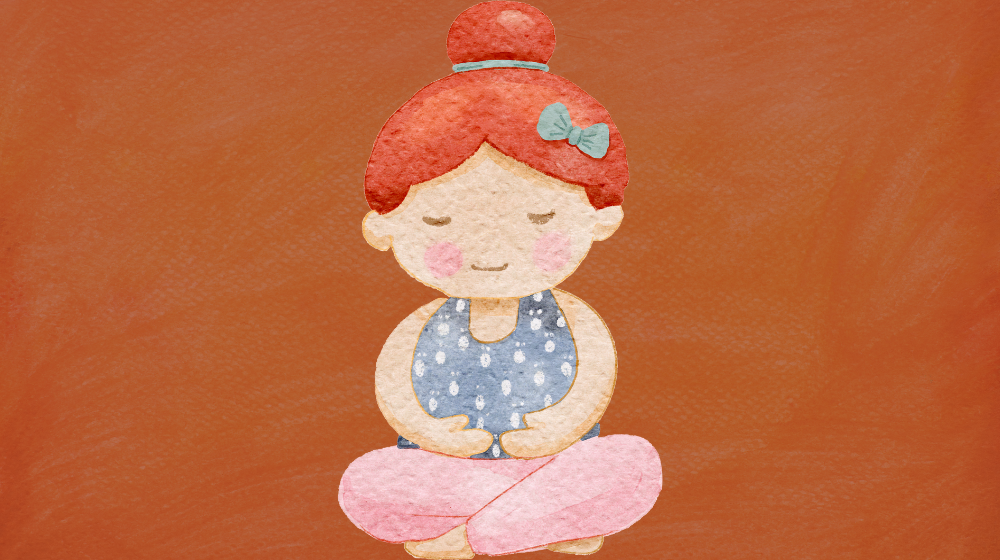
Meditation is silence and presence of mind.
– A Million Thoughts
- “The act of controlling the mind is concentration. The art of maintaining such control is meditation.”
- “In supreme quietude, when you continue your meditation with awareness, you inevitably experience transcendental bliss.”
- “Samadhi is not about seeing a flash of light or a one-off-fleeting-moment of feeling one with the cosmos.”
- “The world outside you may be unaware of your internal state, but bliss in the form of physical sensations and inexplicable joy keeps trickling down within you. This is the state of Samadhi.”

When your mind is at once silent and present, you are in deep meditation.
– A Million Thoughts
Meditation and Spiritual Awakening Quotes
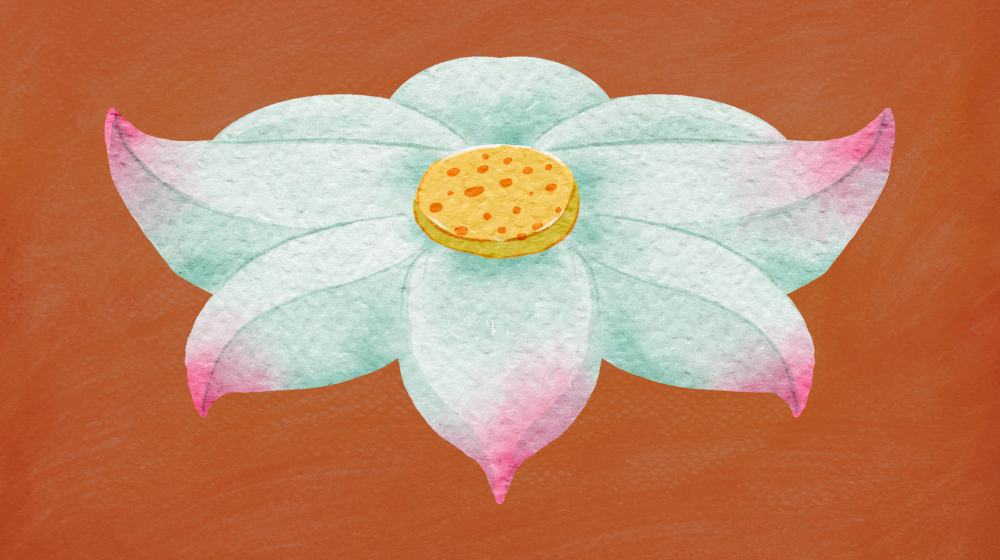
When we accept the cyclical nature of our life and thoughts, we ease up a bit.
- “To improve the quality of your meditation, each time you find your mind adrift, you must bring it back to the point, or thought, of meditation.”
- “Overactive imagination is like a spiritual disorder. When we start to imagine stuff, the thought starts to inflate like a balloon and takes up our entire mind.”
- “The greatest sign that you are one with the source is when you are comfortable in your own company, at peace within, it means you have mostly turned inwards, you have understood and absorbed the essence of spirituality.”
- “Awareness is the first step in any corrective step. With increasing awareness, you start questioning your thoughts and emotions too. Why am I feeling this way? Why am I thinking like this about this person?”

Concentrative Meditation sharpens your concentration and builds your brain muscle.
Purpose of Meditation Quotes

Control of the mind automatically checks all thought flow and vice versa; the mind and thoughts are inseparable.
- “Lingering thoughts and feelings usually come in waves. Where an average person is constantly tossed about, a good meditator learns to surf these waves.”
- “What can be attained by going in can’t be accomplished from the surface. It pays to turn inward. To meditate. Lovingly. Kindly.”
- Thoughts are a product of the conditioned mind. Meditation is about rising above the conditioned mind to regain its natural and original state.
- “Think of a mound of sand, every grain you add to it, will increase the size of the pile. Every moment of quality meditation is that grain of sand.”
- “If before intense meditation each negative thought and emotion felt like a bullet piercing through an unsuspecting bird, now it’ll feel more like a gentle flower thrown at a carefree elephant.”
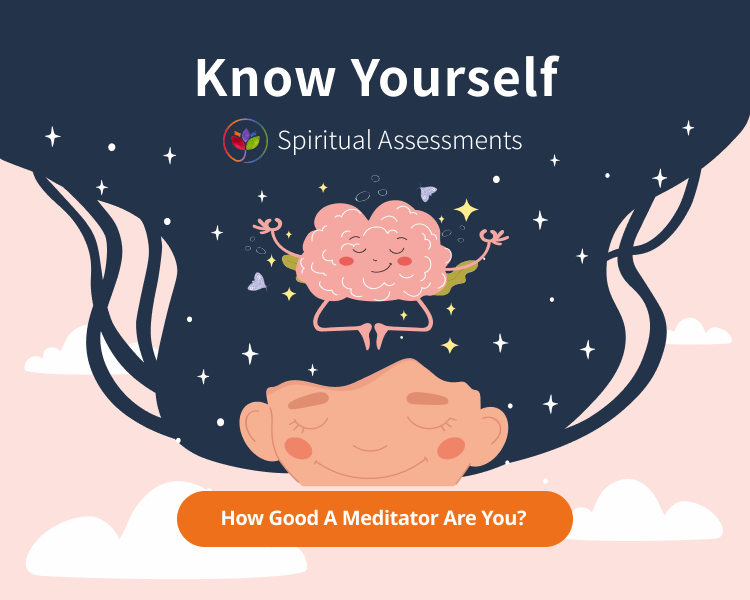
Why Meditate?
Have you ever observed a distracted puppy in a park or a toddler in a candy store? Isn’t it amazing how they run from one object to another within seconds? It’s a cute visual. Cute, until you try to tame and soothe them, it’s another story altogether. Unfortunately for us, our mind is exactly like the puppy (or the toddler). The human mind gets about 60,000 thoughts a day, and it is constantly drifting off from one idea to another. It’s normal. So much so, that we can even end up taking our cup to the bathroom instead of the kitchen sink, until we realise where we were supposed to go.
But distraction is still fine. However, trouble arises when our thoughts take us down a negative spiral and we lose control of our emotions and actions. It’s no less than the distracted puppy falling into a mud puddle. Isn’t this the story of our life on most days? We start the day on a good note, but even a lion would be scared of our wrath and negativity before we know it. Truth be told, my friend, that common scenario is due to an untamed mind taking us for a ride as per its will.
But this is where meditation comes to our rescue!
As we meditate, it helps us rise above our thoughts and mind. We then familiarise ourselves with our minds and understand ourselves better to gain the ability to rise above negativity. Imagine a professional surfer riding gigantic waves with ease if you want a visual. These waves are our thoughts, and we become the surfer.
What is the Purpose of Meditation?
The purpose of meditation is simple: it helps us discover ourselves, understand our true nature, observe our thoughts, and contemplate our mental tendencies. Through this understanding, we discover our own truth because we are all different, yet with the ultimate goal of becoming the best version of ourselves. Depending on our circumstances, goals, and challenges, we can take up meditation for any given reason. Have you found your purpose to meditate yet? Fear not. Here’s something which could help you gain some clarity. You could consider this article as a short meditation guide.

“Empathy is separateness. ‘I see you are suffering. I will do something.’ Compassion is, ‘We are suffering.’”
~ Ram Dass
You may already be asking yourself several questions: Can meditation help me achieve mental peace? How can we meditate? How do we not allow things to stress us out? What is so great about meditation that I should start doing it? How do you know meditation is affecting the mind?
Questions, questions, questions – we have many! And the answer is, yes, there is hope, yes meditation helps, and yes meditation is excellent, it can even reduce your stress levels. We can also tell when our minds are starting to get positively impacted by meditation practice.
Here’s how:
1. To become aware of our minds.
Have you noticed how it’s harder to get an overall ocean view if you are swimming in it? In this case, when we create a distance and stand further away, we can see the beautiful ocean all at once. We can observe the waves, the tide and even some dolphins swimming if we’re lucky. Well, the same concept applies to the human mind. When we create a distance between us and our thoughts, we understand the bigger picture.

Yield and Overcome. Bend and become straight. Empty and become full.
~ Lao Tzu
Can meditation give solutions to our problems in life?
Yes, it can. If, for example, someone says something offensive or hurtful to us, the nature of the mind is to accept it and build on it with our overactive imagination. And before we know it, we start believing our negative thoughts and spiral into misery.
However, if we were aware of our thoughts and decided to dismiss the hurtful comment at the right time, the likelihood of avoiding discomfort would have been higher. And meditation helps us gain that awareness. It helps us be mindful.

The energy of mindfulness helps us touch life deeply throughout the day, whether we’re brushing our teeth, washing the dishes, walking to work, eating a meal, or driving the car.
2. To surf through life with ease
The purpose of meditation is first to become aware of your mind, thoughts, and mental tendencies, and for some of us, that’s enough. But meditation can also help us rise above our mental afflictions to become a better version of ourselves. Increased awareness and concentrative focus, sharpened through meditation, provide us with clarity of thoughts. We gain the knowledge that we are not our thoughts. We can choose which thoughts to pursue and which ones to drop before turning into emotions or desires.
Can meditation make you mentally strong?
Yes, it can. As we carefully choose where to invest our energy, we gradually heal from past hurts and traumas develop self-love strength and other virtues such as compassion, forgiveness, and empathy. It is possible because when you understand the nature of the mind, you set the ability to direct your mind towards more pleasant thoughts at will. The things we pay attention to tend to affect our lives, and meditating with this purpose in mind leads us to a state of tranquility, and we ease our way through life. Then situations, challenges, and emotions fail to derail us, or if they do, we return to a state of ease very quickly. And if you ever wondered how you could begin to go with the ‘flow’ in life, meditation is the way forward.

In all my deeds, may I probe into my mind, And as soon as mental and emotional afflictions arise, As they endanger myself and others, May I strongly confront them and avert them.
3. To attain an ultimate state of bliss (Samadhi)
This purpose may not surprise you if you have heard about meditation before. For those who ask themselves: “How do I get into deeper states of meditation?” the answer is that we ought to increase both our quality and quantity of meditation over time. One of the main reasons why some people practice very intense meditation is to attain Samadhi, also known as the ultimate state of bliss, a deeper state.

Mindfulness is a coherent phenomenological description of the nature of mind, emotion, and suffering and its potential release, based on highly refined practices aimed at systematically training and cultivating various aspects of mind and heart via the faculty of mindful attention
Powerful sensations, unmistakable physical sensations, emerge throughout one’s body. These sensations are so profound that nothing external seems interesting any longer. The world outside you may be unaware of your internal state, but bliss in the form of physical sensations and inexplicable joy keeps trickling down within you all the time. That is the state of Samadhi. Anyone willing to work for it, can experience it. Then, anger, lust, hatred, and other negative emotions cannot even emerge, let alone cause any ripple in your unbroken state of bliss.
This supreme bliss, though, is known only to a quiet mind (os.me) which is attained through a disciplined meditation practice (1). In today’s world, if we asked someone, “How has meditation changed your life?”, not many would be able to answer truthfully.
Yet, if Samadhi or enlightenment is our ultimate goal, then intense meditation is required for us to change our own lives. Om Swami, who has reached the highest form of meditation, achieved Samadhi, irreversible transformation, and enlightenment, states that a big part of his spiritual journey involved prolonged periods of intense meditation and an overall total of more than 15,000 hours of meditation.

To understand the immeasurable, the mind must be extraordinarily quiet, still.
Perspective on meditation to attain Samadhi
How long must one meditate before achieving enlightenment? Om Swami shares that between the ages of 12 and 30, over 18 years, he did roughly 8,000 hours of meditation. That’s 8000 hrs spread over 6570 days. These 8000 hours consisted mainly of ordinary and pro meditation. He further went on to meditate intensely for about 8 hours a day before reaching a stage of peak meditation, whereby he would meditate for 22 hours a day over 150 days.
After meditating for more than 15,000 hours, he shares that “a mere few hundred hours too can infuse plenty of blissful experiences, but a few thousand hours will catapult you to another dimension altogether. And every meditator at all levels experiences some or all of the following side effects of meditation.” And when it comes to meditation, according to the expert himself, whose brain scan proves the effect of his achievements: “good enough is not good enough. It has to be right. And, when it is right, it’s attainment like no other.” All in all, the more quality meditation we invest in, the more blissful the results. And the good news is that there are many types of meditation one can try.
So, now that we covered the importance of meditation, you may have a few questions. What is meditation, and how can one meditate? More importantly, how should I meditate? Which method is best for me? My mind doesn’t stay still when I meditate; how do I stop it from wandering off? These are the three most common questions one asks when it comes to meditation.
Best Books on Meditation
Meditation has been expounded on and practiced by various saints, sages, and other experts. There are thousands of books about reflections out there. However, here are some recommended books to help you understand meditation to a deeper extent.
1. A Million Thoughts ~ By Om Swami
Available for purchase on Amazon here
2. Mahamudra: The Moonlight — Quintessence of Mind and Meditation ~By Dakpo Tashi Namgyal
Available for purchase on Amazon here
3. Who am I? The teachings of Ramana Maharshi
Available for purchase on Amazon here
4. Mind full to Mindful ~ By Om Swami
Available for purchase here
FAQs
What is the power of meditation?
With intense meditation, you gain extraordinary awareness, and your thoughts gather such momentum that you gain the ability to do anything. In this video, Om Swami speaks about an actual event in His life, showing the power of meditation and its manifestation, and shares his perspective on the goal of meditation.
What does meditation feel like?
It is erroneous to believe that one becomes calm as soon as one sit to meditate. There is no joy in concentrative meditation in the beginning stages of the actual practice. It is perfectly normal to feel that your mind is more talkative and restless than ever. As you sit down to meditate, stopping all other activities, you become aware of your thoughts in the moment. But as you keep practicing and start to experience a quiescent mind, you will almost be addicted to meditation. Eventually, in supreme tranquility, when you continue your meditation with awareness, you inevitably experience transcendental bliss.
Is it possible to meditate without any proper guidance?
You can meditate without a teacher, as long as you read about how to meditate correctly. Books such as A million thoughts by Om Swami contain everything you need to know about how to meditate and everything related to proper meditation. Once you learn the art of meditation, then you can build your practice either on your own or through a meditation app. A very effective one which has been built on Om Swami’s experience of more than 15,000 hours of meditation, is the Black Lotus App. It will provide the right guidance, along with a day to day schedule.
How to meditate for positive energy?
Meditation teaches one to harness this energy and direct it fruitfully – when done right, it helps one realize and achieve their higher self. Using your energy towards a creative cause will make one feel more positive and fulfilled. Additionally, maintaining a regular meditation practice will heighten your awareness of your thoughts and tendencies. Om Swami also elaborates on achieving your higher self with meditation practice.

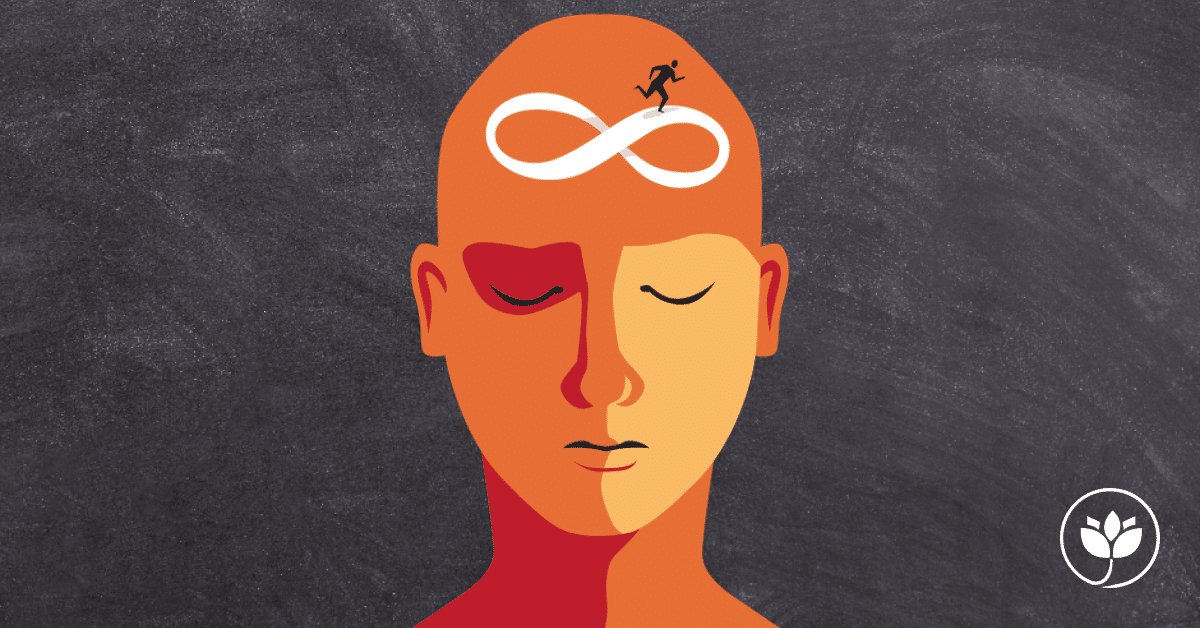







Comments & Discussion
1 COMMENTS
Please login to read members' comments and participate in the discussion.